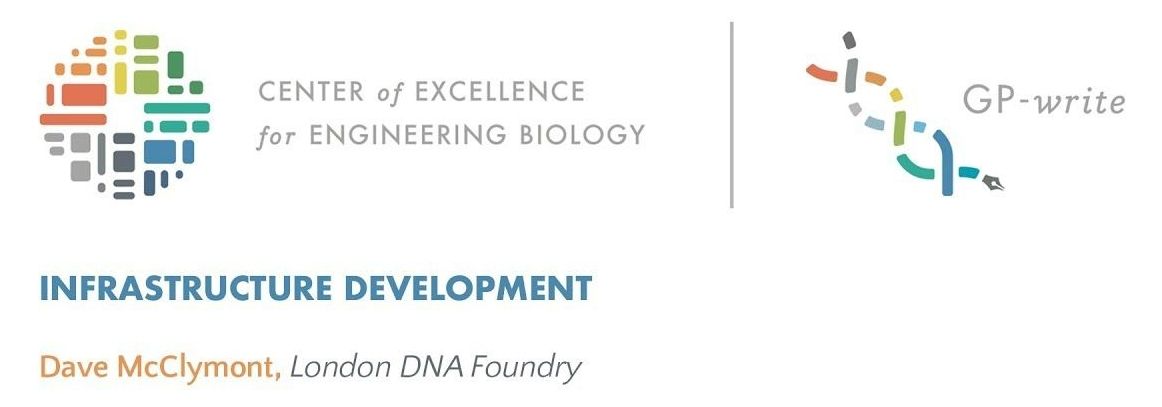This story is brought to you by SynbiCITE, which is accelerating the commercialization of synthetic biology applications. To learn how SynbiCITE is nucleating a sustainable UK economy, visit www.synbicite.com.
Just as Henry Ford’s assembly line revolutionized the automobile industry, synthetic biology is being revolutionized by automated DNA assembly (see SynBioBetaLive! with Opentrons). The key features of an assembly line translate well into the field of synthetic biology – speed, accuracy, reproducibility and validation. Instead of welding chassis together, small robotic arms are lifting delicate plates holding dozens of samples, adding and removing miniscule amounts of fluid.
In 2014, Imperial College London received £2 million to develop a DNA Synthesis and Construction Foundry to operate with SynbiCITE, the UK Innovation and Knowledge Centre for synthetic biology. Speaking at the Foundry’s inception, SynbiCITE co-director Prof. Paul Freemont said, “Standardizing the methods for synthesising DNA is crucial if we are going to scale up efforts to design and create this genetic material. The new DNA Synthesis and Construction Foundry will streamline and automate the ‘writing’ of DNA at an industrial scale so that tens of thousands of designed DNA constructions can be built and tested.”
